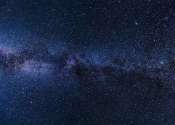Microclimates may provide wildlife with respite from warming temperatures
Sheltered pockets of cooler and more variable conditions in the British countryside may help native species of flora and fauna survive warming temperatures caused by climate change, researchers have found.








